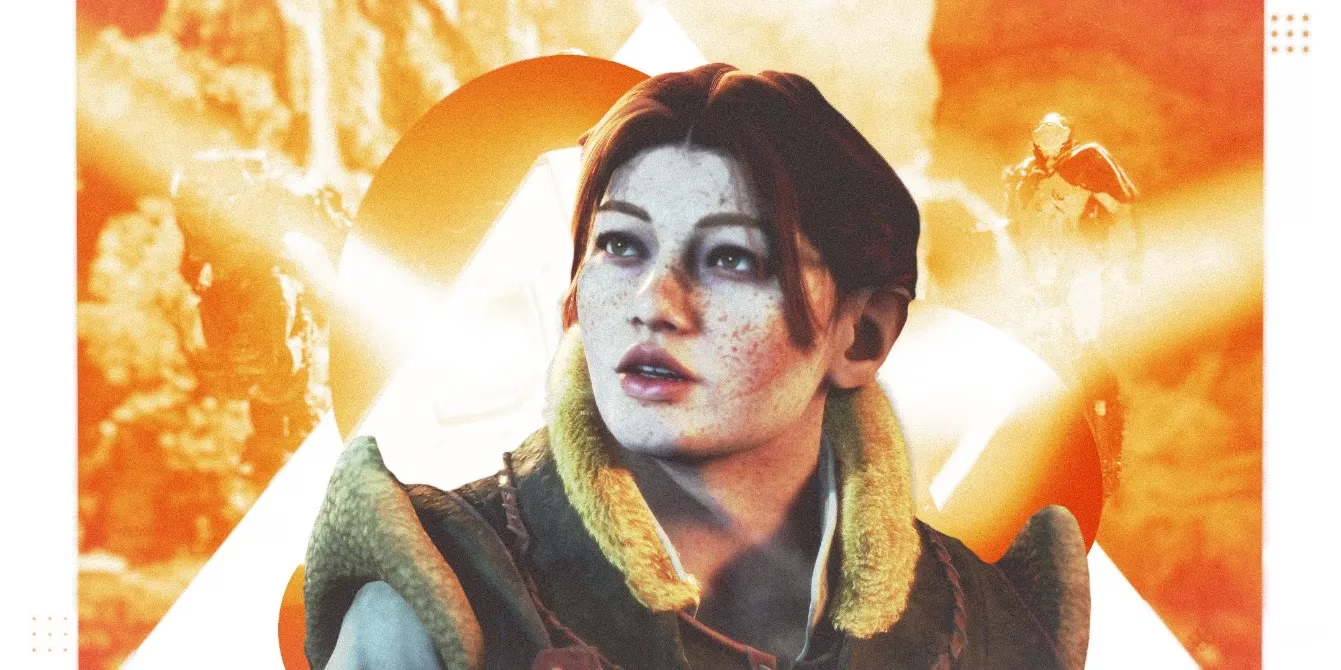The launch of Dragon Age: The Veilguard felt like a grand celebration turned funeral. BioWare’s latest RPG stormed onto the scene in 2025 with cinematic trailers and promises of epic storytelling, only to stumble spectacularly weeks later. Despite glowing reviews praising its visuals, the game attracted just 1.5 million players—half of EA’s ambitious projections. The fallout was brutal: layoffs gutted BioWare, shrinking the studio by 50% and axing veterans from both the Mass Effect and Dragon Age teams. Fans watched in disbelief as the studio that once defined RPG greatness bled talent overnight.

EA’s Blame Game: The Live Service Mirage
EA CEO Andrew Wilson didn’t hesitate to point fingers during the company’s recent financial call. He claimed The Veilguard flopped because it lacked live service elements, arguing, "Games need to directly connect to the evolving demands of players who increasingly seek shared-world features... it did not resonate with a broad-enough audience." CFO Stuart Canfield echoed this, calling the game’s performance a sign of the "evolving industry landscape" while touting that 74% of EA’s revenue now comes from live service titles like Apex Legends. To executives, the message was clear: single-player narratives are relics, and persistent online worlds are the future. But is that really what gamers asked for? Or is EA chasing a mirage?
The Truth Behind the Failure: A Litany of Sins
Players begged to differ. Across forums and social media, a chorus of grievances drowned out EA’s excuses. Critics highlighted:
-
📜 Heavy-handed writing that railroaded player choices
-
⛪ Sidelining religion, a core pillar of Dragon Age lore
-
🔄 Retconning established lore that left longtime fans bewildered
-
🌍 Removal of world states, erasing consequences from past games
-
🎭 Lack of roleplay depth, reducing protagonists to hollow avatars
-
⚖️ Absence of moral gray areas, flattening complex dilemmas into binary good/evil splits
The irony? Many believed The Veilguard suffered precisely because it was almost a live service game. Originally conceived as a multiplayer title, EA hastily pivoted it to single-player after Anthem’s catastrophic 2022 shutdown. Yet, remnants of its scrapped live service DNA lingered. Developers struggled to retrofit world states into a framework designed for uniformity—why bother with player choices if everyone must share the same universe? Resources wasted on dead-end code haunted the final product, leaving a disjointed experience that pleased neither RPG purists nor loot-chasing crowds.
Live Service Realities: A Graveyard of Broken Dreams
EA’s obsession with live service ignores a harsh truth: the model is imploding. Sure, Apex Legends and Overwatch 2 cling to relevance, but they’re exceptions in a bloodbath. For every Helldivers 2 or Marvel Rivals that defies the odds, dozens like Suicide Squad: Kill the Justice League crash spectacularly. Players are fatigued by:
-
💸 Predatory monetization tactics
-
🔁 Repetitive grind mechanics
-
🕹️ Shallow content updates masquerading as "engagement"
And here’s the kicker: The Veilguard’s modest success came despite EA, not because of it. Its 1.5 million players were hardcore fans craving a true Dragon Age experience—one untainted by live service bloat. After Anthem, nobody wanted BioWare to gamble with multiplayer experiments. Yet EA’s leadership seems oblivious, peddling shareholder-friendly fantasies while ignoring gamers’ pleas for rich, self-contained stories. Are they willfully ignorant, or just cynically misrepresenting reality? Either way, the disconnect is staggering.
A Personal Outlook: Where BioWare Goes From Here
As a lifelong RPG fan, I can’t help but wonder: what future awaits BioWare? The studio’s identity is fraying. If EA forces live service into Mass Effect 4, it’ll alienate the faithful who made the franchise iconic. But there’s hope—if BioWare rebels. Imagine doubling down on what worked in Origins: intricate choices, political intrigue, and companions with souls. The industry’s obsession with "shared worlds" feels like a fad; players will always crave intimate, immersive journeys. BioWare could pioneer a renaissance of story-driven RPGs... if EA lets them. Otherwise, we’re just watching a slow-motion funeral for a beloved titan.
In the end, The Veilguard’s failure wasn’t about missing live service bells and whistles. It was about forgetting why fans fell in love with Dragon Age in the first place. EA’s refusal to see that? That’s the real tragedy.
